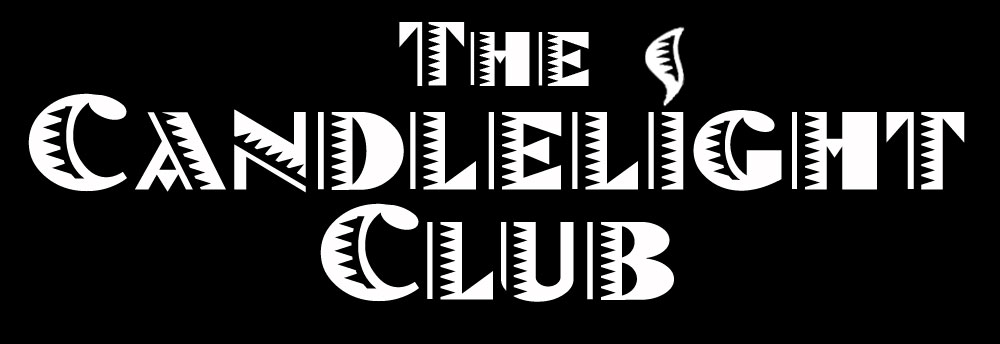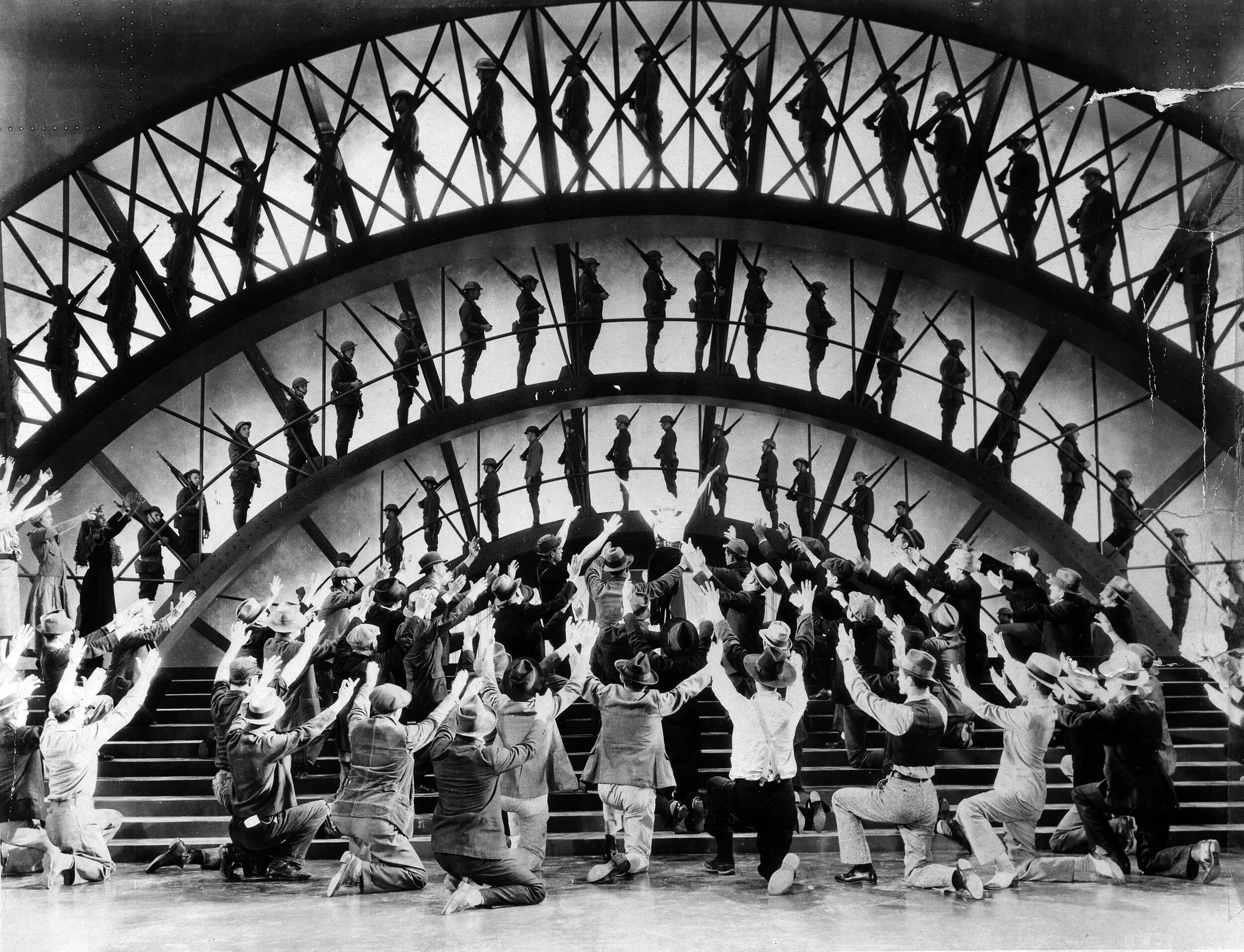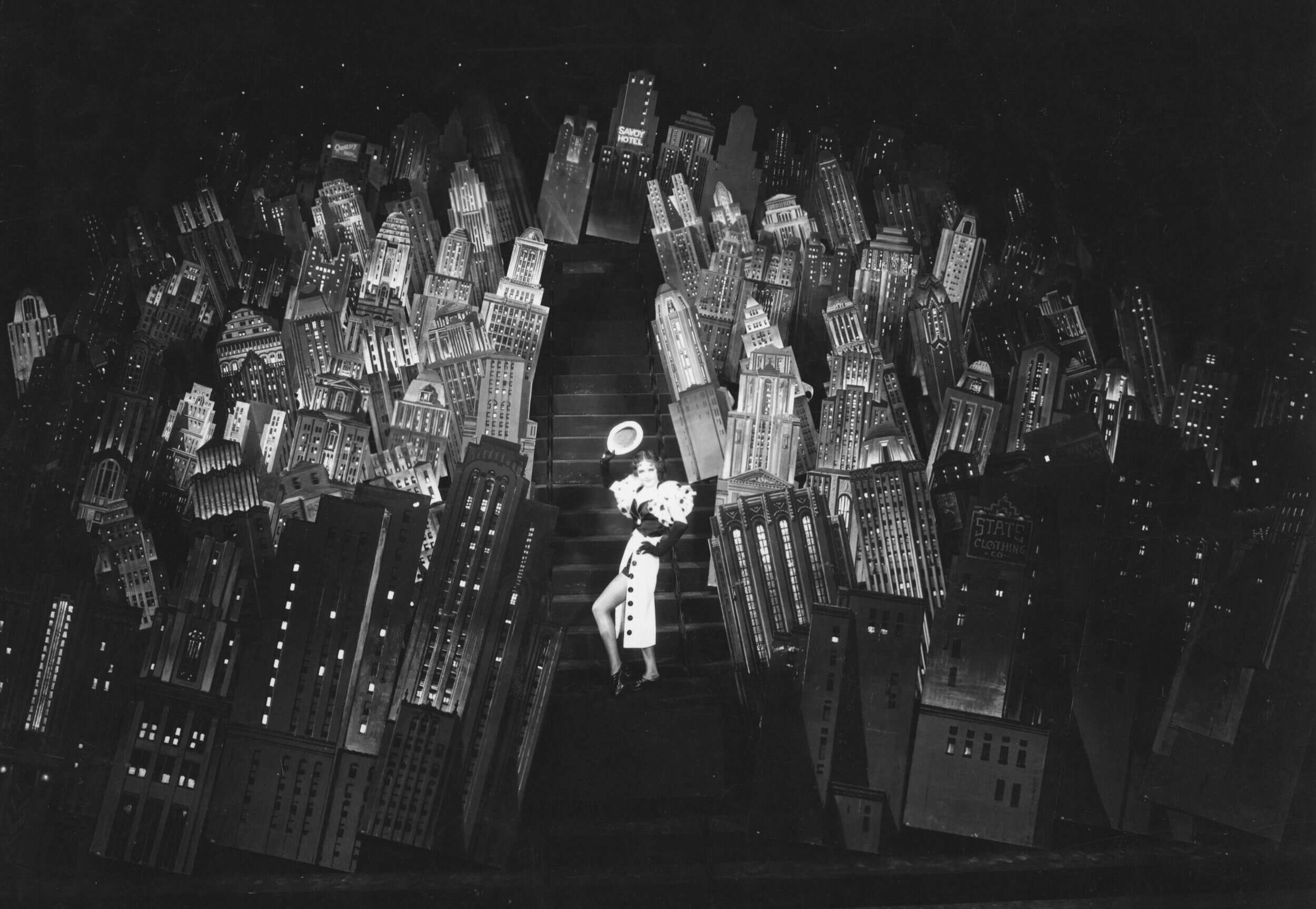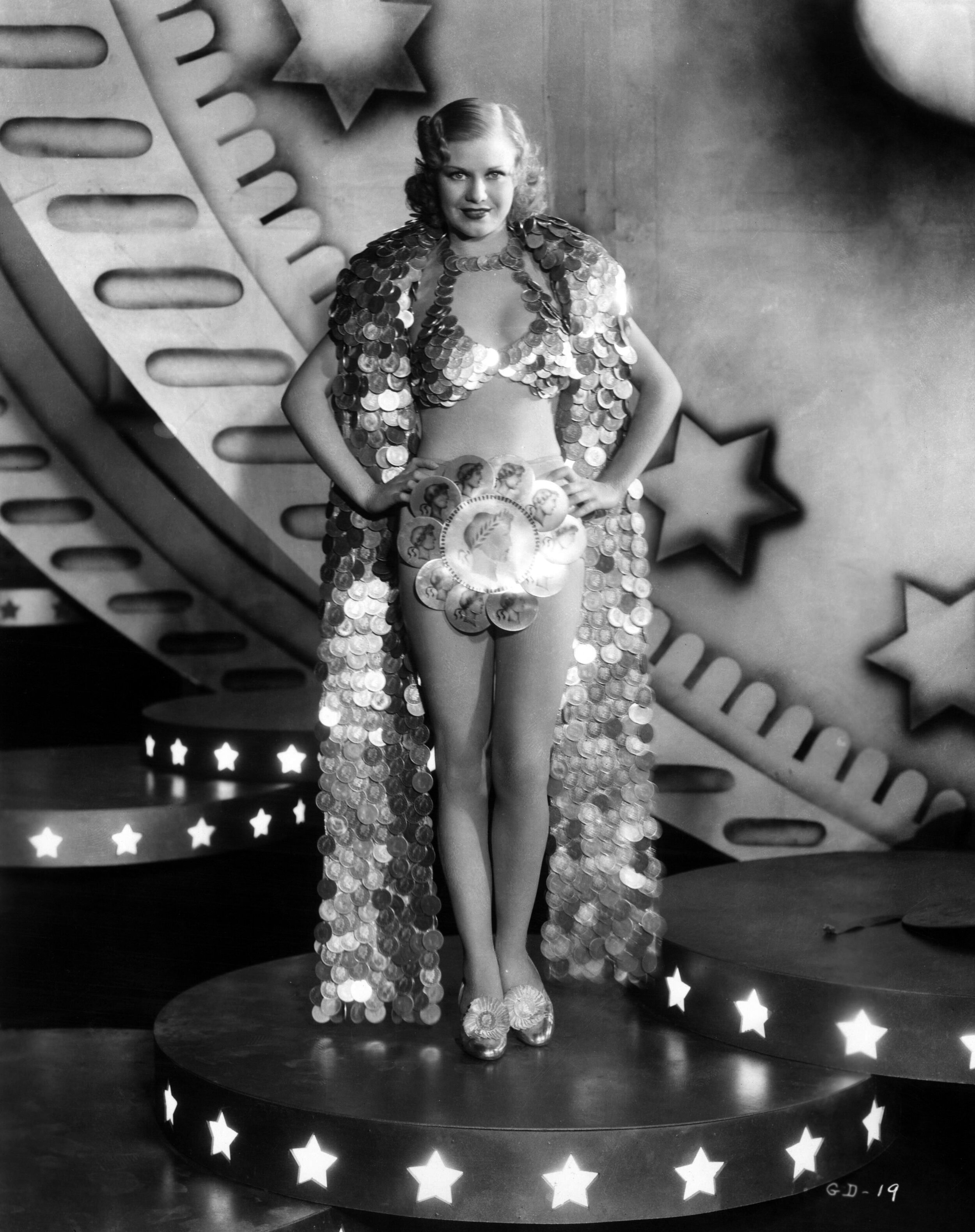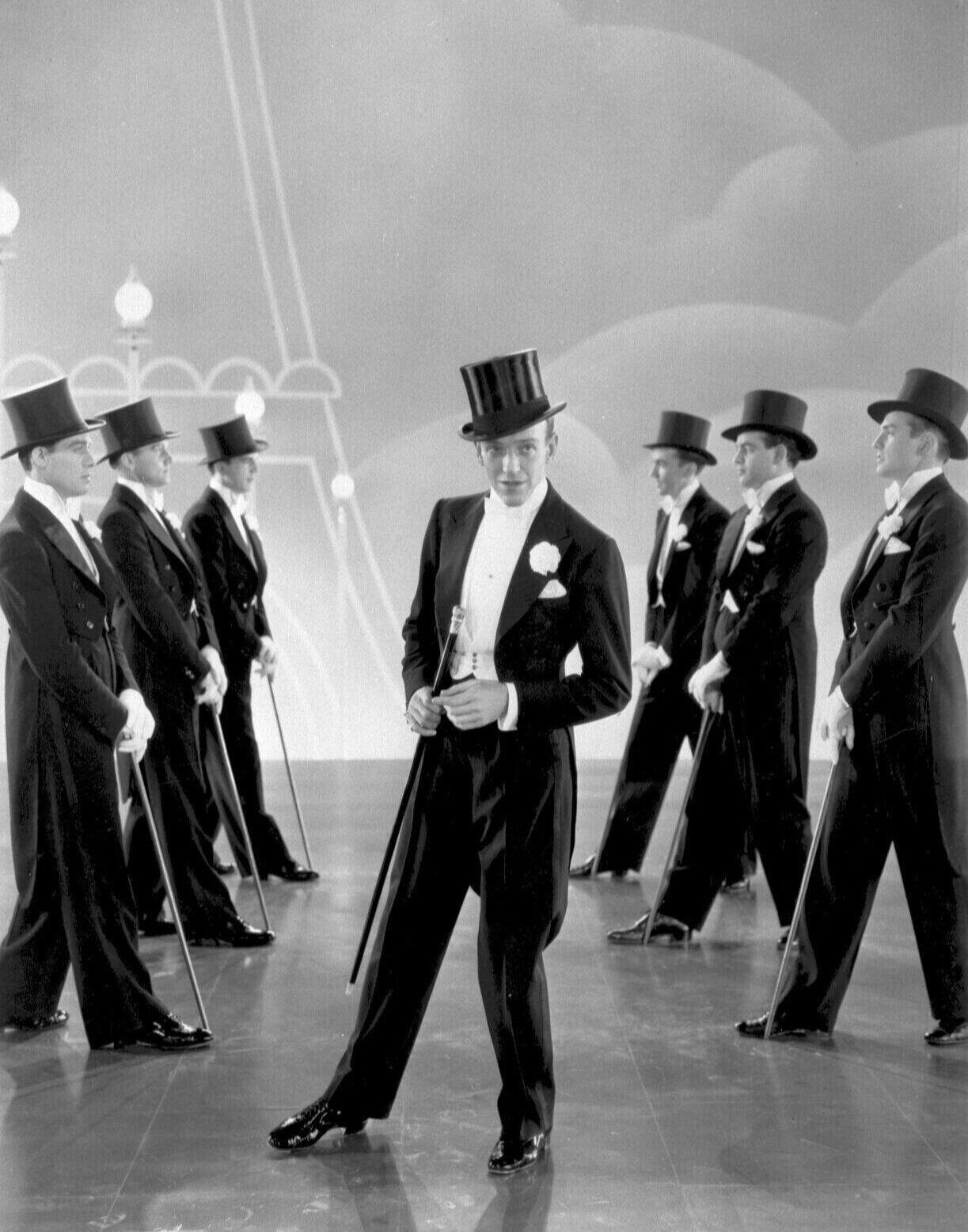Social distancing rules have a big impact on the Candlelight Club
Now that pubs and restaurants have cautiously reopened and live indoor entertainment is permitted (notwithstanding the recent step backwards with the “Rule of Six”), I've been getting more enquiries about when the Candlelight Club will be opening its doors for some Jazz-fuelled, cocktail-soaked fun.
Sadly there are two stumbling blocks for us: firstly nightclubs are still expressly banned—and although the Candlelight Club is a pop-up it's hard to argue that it isn't essentially a nightclub. Moreover, as long as there is any kind of social distancing in place it reduces our capacity by at least 65%, making it financially impossible to operate.
So far there is no official timetable for the lifting of these restrictions, but as soon as there is we hope to get some dates in the diary so you can start planning your outfits! Be sure to sign up to our newsletter so we can keep you abreast of developments.
GIFT VOUCHERS
If you were hoping to surprise a friend or loved one with tickets to one of our Jazz Age glamfests, you can still buy gift vouchers through our website (see www.thecandlelightclub.com/gift-vouchers). Moreover, if you have vouchers and have obviously been unable to use them since March just drop us a line, as we are able to extend the validity period using Science.
